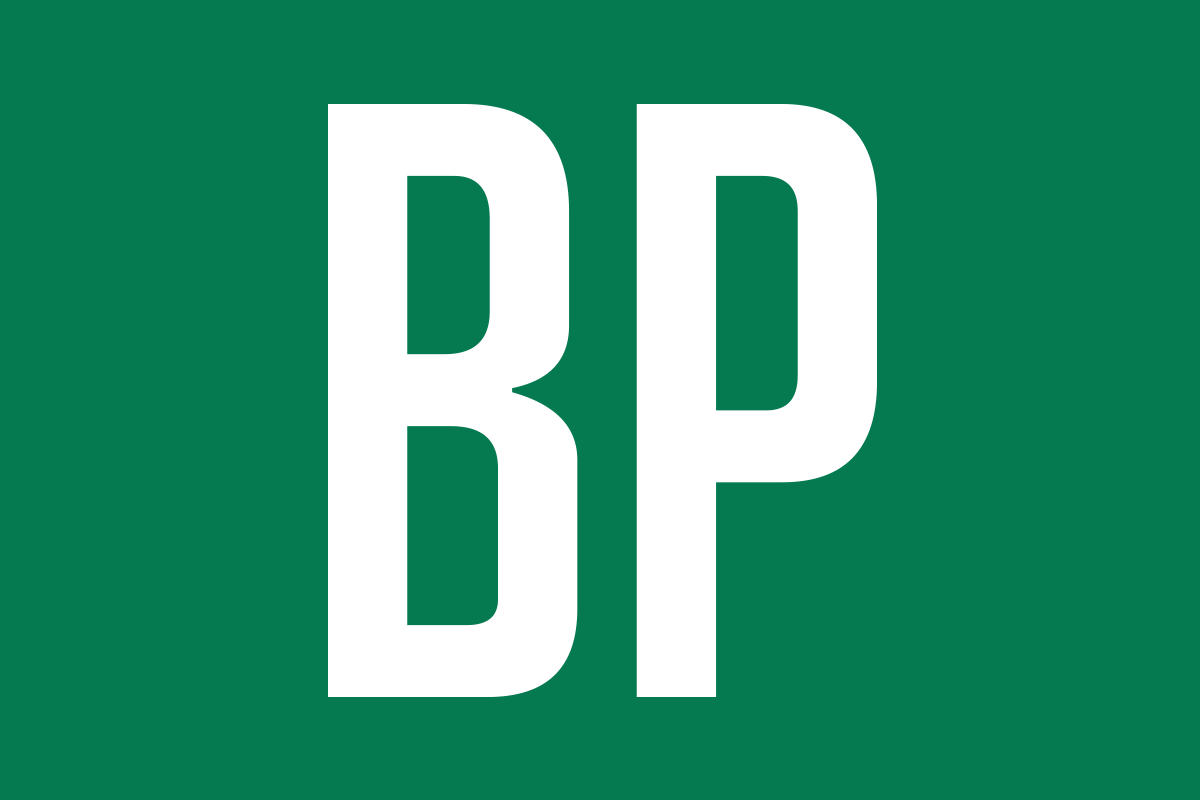I’m going to climb up on my soap box here and talk a bit about federal government over-reach.
If you stick with me, I promise not to mention the Bundys or grazing rights or guns beyond the end of this sentence.
No, the focus today is on market tampering by regulatory agencies which have simply lost their minds in the name of protecting consumers.
In the case closest to home, it was the FTC that looked at the merger of Albertsons and Safeway and decided to make the new entity divest itself of seven stores in the Las Vegas Valley. It was all done in the name of creating competition and protecting consumers.
Haggen entered the Valley as the white knight to save us from rampaging super-sized supermarket chains. Haggen opened; it closed; it sued Albertson for undercutting it with dirty tricks.
Then it settled with Albertsons for a paltry $5.75 million, marked down like week-old bread from the original $1 billion ask. And that’s when the fun really started.
Haggen went back to its business of running a small chain of quality markets in the Northwest. Meanwhile, Albertsons and its alter ego Vons have been acquiring Haggen stores left and right across the West, making reasonable decisions to reopen at sites they liked and skipping ones that are too close to stores it acquired in the merger.
Here in metro Las Vegas, Albertsons reacquired three of its old stores. An old Vons went to Sprouts but the others remain shuttered, casting a blight on the shopping centers they anchor.
So how did the consumer benefit here? There’s no suggestion that Haggen was a shill for Albertsons. Yet that’s the way it worked out. And the ultimate winners were Albertsons shareholders, not Valley consumers. The worst that can be said about Albertsons is that it outplayed the FTC.
Another example of federal overreach is unfolding in Southern California where the remnants of the Freedom Communications empire – the Orange County Register and the Riverside Press-Enterprise newspapers – were put up for sale in a bankruptcy auction. The Tribune, owner of the Los Angeles Times, bid $56 million; the other bidder was Digital First Media, operator of the Los Angeles Daily News and a handful of other local papers, at $52.3 million.
Predictably, Freedom agreed to take the higher bid, at least until the Department of Justice stepped in and filed suit. The deal would stifle competition and could lead to higher ad rates, the feds said. And they are correct, of course. That could happen.
Freedom wanted out and saw a long delay ahead if it fought the issue. It backed out of the Tribune deal and took the lower bid.
And that leaves consumers in just the same position, with two publishers setting rates instead of three. Of course, a wider range of digital and broadcast outlets provide lots of options for delivering advertising. So, again, how does the consumer benefit?
Effectively, the feds chose among the suitors and came down against letting the biggest player grow, even if it had the highest bid. Freedom creditors are out $3.7 million and the consumers still could lose.
That’s so reminiscent of the government’s position when T-Mobile was trying to sell itself a few years ago. AT&T wanted to buy – for $39 billion — but the FCC objected, saying that reducing the number of competitors could hurt consumers. Its position was that it needed to keep a market leader from growing.
Play that off against the high-profile cases where the feds have allowed airline mergers, clearly reducing the competition and raising fares for consumers.
Inconsistency is consistent in government but this is just silly.
We’re a nation of capitalists working in a somewhat free market. Sure, we want protection from predatory practices. Banking regulators slept through that part of their jobs, leading to the Great Recession and making themselves poster children for the need to regulate.
But there’s got to be some judgment applied here and the regulators have shown a serious lack of that.
I’m reminded of what regulation-gone-wrong looks like every time I go to Boca Park and see that empty Haggen store. Nobody wants that store in an upscale neighborhood? Really?
The bottom line here is that regulators need a better eye for when to let the marketplace work and when to step in and stop something unfair from happening.
Thanks for letting me rant. Sometimes it just feels good.




